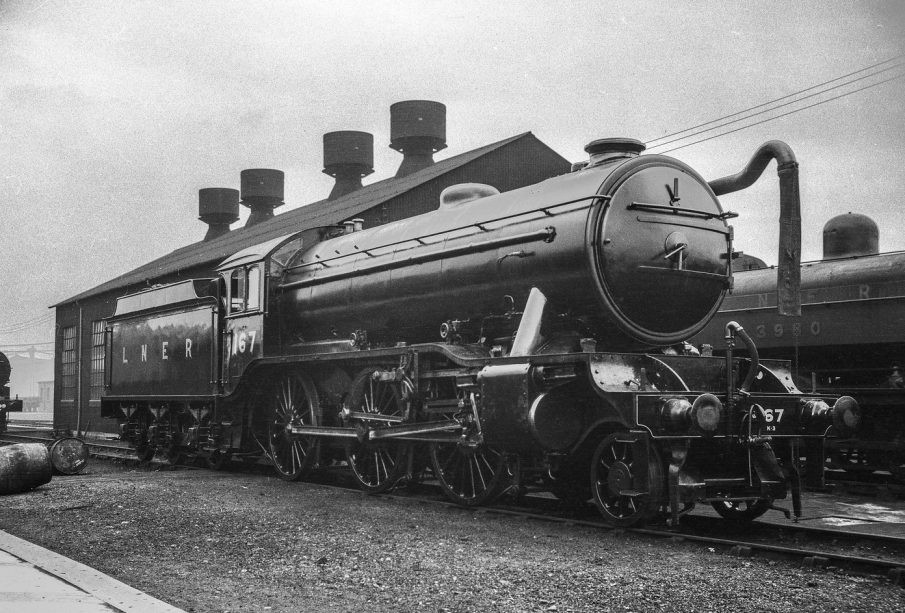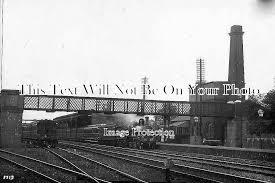All You Need to Know About LNER

Introduction to LNER
London North Eastern Railway, commonly known as LNER, has established itself as a pivotal player in the UK rail industry. As a publicly owned train operator, it provides vital transportation services across the East Coast Main Line, connecting major cities such as London, York, Newcastle, and Edinburgh. With an emphasis on sustainability and customer service, LNER plays a crucial role in promoting rail travel as an eco-friendly alternative to road and air transport.
Current Operations and Services
Since taking over operations in 2018, LNER has continually aimed to improve its services. In recent months, they have rolled out several initiatives to enhance passenger experience. Key updates include the introduction of new bi-mode trains, which help reduce carbon emissions, and a commitment to 100% passenger seating availability, reflecting their response to the increasing demand for rail travel post-pandemic.
Furthermore, LNER has also been enhancing its onboard services, adding more food and beverage options that cater to a variety of dietary needs and preferences. Recent figures show a significant uptick in passenger numbers, with LNER reporting a 15% increase in travel from pre-pandemic levels, indicating a strong recovery and trust in rail travel.
Technological Advancements
LNER has been proactive in adopting new technologies to improve customer experiences and operational efficiency. Their mobile app now provides passengers with real-time travel updates, mobile ticketing, and an enhanced user-interface, making it easier for customers to plan their journeys. Additionally, advancements in train management systems are underway, aimed at improving punctuality rates, which have already shown signs of improvement.
Future Plans and Sustainability Efforts
Looking ahead, LNER has ambitious plans to further enhance its service offerings. The company aims to transition its fleet to become entirely electric by 2035, as part of its wider sustainability strategy. Their efforts align with the UK government’s broader environmental goals and the rail industry’s objective to achieve net-zero carbon emissions by 2050.
Conclusion
LNER represents a significant step forward in the UK’s rail industry, blending innovation with sustainability. The emphasis on customer experience and environmental responsibility not only enhances the appeal of rail travel but also aligns with the changing transportation needs of the modern world. As we continue to adapt to post-pandemic travel patterns, LNER’s focus on enhanced service and sustainability will likely position it well for future success, benefiting both passengers and the planet.









